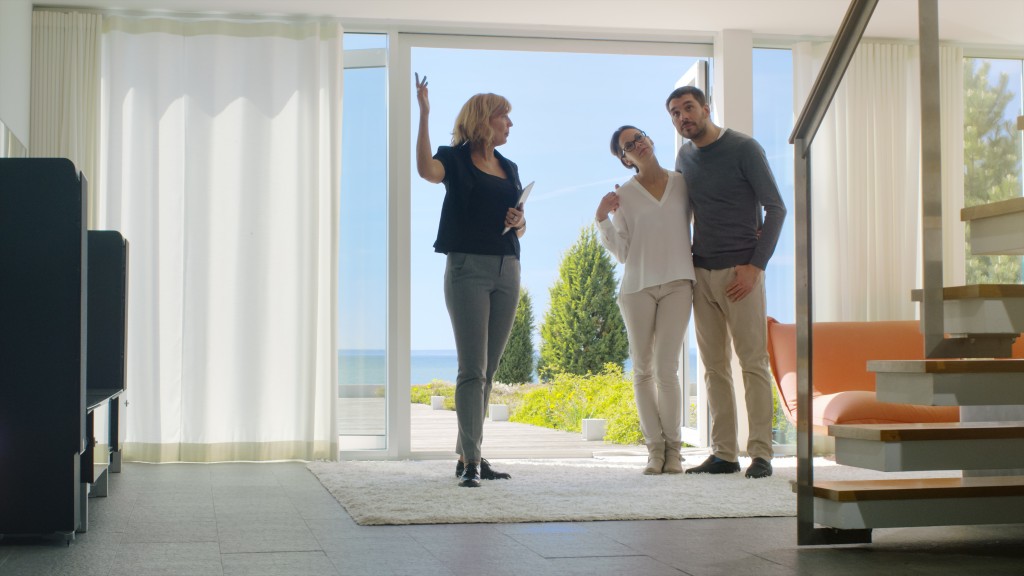When you’re handling leasing contracts or rent dues and utility bills, it can be easy to forget to keep track of your maintenance checks. After all, a landlord’s job never stops. To maintain your property’s functionality, you can’t resort to pushing back inspection dates because you are preoccupied with other tasks.
You should do the responsible thing and place reminders properly on your calendar. Providing your tenants with access to utilities and safe living spaces should be your topmost priority as their landlord. Besides, it can be easy to keep track of the dates as long as you follow a working system:
Monthly Checks (or once a month)
Since damages to the structural foundation can be detrimental to the entire building, you must conduct monthly inspections on the walls, door frames, or staircases. If it is hard for you to check within the units, you can ask your tenants to inspect for you.
Remind everyone living on your property to inform you immediately about structural issues that they may notice inside their units and around the premises. Solving such issues as soon as possible prevents them from creating further damages, which can be more expensive in the long run.
Quarterly Checks (or four times a year)
Legionella testing is one of the most frequent tests that should be conducted on your property, especially if you store your water in big tanks. The bacteria legionella thrives in complex water systems and can cause fatal pneumonia called Legionnaire’s disease in infected people.
Having legionella risk assessments in your water system every quarter may seem like a waste of money. Still, it can go a long way to prevent contaminants from infecting your tenants. If your tenants suddenly fall ill because of your water supply, it will cost you so much more money to handle the repercussions.

Annual Checks (or once a year)
You should conduct annual checks on your gas lines and during each tenant’s move-in and move-out days. Doing so will allow you to gauge when and where your gas lines need to be repaired or replaced to avoid a gas leak.
One of the lead causes of accidental fires is faulty gas lines that explode or intoxicate tenants with gas fumes. To avoid this situation, you need to inspect your entire gas line system at least once a year. That is just the responsible thing you should do as a landlord.
Two-Year Checks (or once every two years)
Broken pipes or leaking faucets are usually telltale signs that your plumbing systems need to be repaired. Although pipes are intended to withstand wear and tear and be corroded by rust, there are times when it falters.
That’s why you must inspect your property’s entire plumbing system at least once every two years. This is done to avoid pipes that leak and lead to mold buildup in walls or ceiling damages. Especially since rental properties are a few stories high, precautionary measures such as a plumbing inspection every two years are crucial to maintaining the building’s condition.
Five-Year Checks (or once every five years)
All electrical systems are subject to wear and tear because electricity is used daily. And since these systems are made up of wiring that expands and contracts as they heat and cool, it results in loosening.
Loose wiring is one of the most common causes of short-circuiting systems, power outages, and fires. Especially if left unchecked for too long, electrical systems can be prone to more damages and can be a safety hazard.
That’s why it is important to conduct electrical installation tests at least once every five years. Doing so will ensure that your property’s electrical system is up to code and does not pose a threat to you and your tenant’s safety.
Being a landlord is a full-time job. Not only do you have to keep your tenant’s satisfied with your service, but you also have to keep the property maintained and functioning well. Finding the perfect balance between these two aspects will make you a great landlord.
Besides, the job wouldn’t be too hard or gruesome if you learn to follow a system. Design a system that will give you enough time to schedule these maintenance checks, along with doing your daily tasks. Once you fall into the habit of juggling all these tasks, you’ll be a force to be reckoned with.

